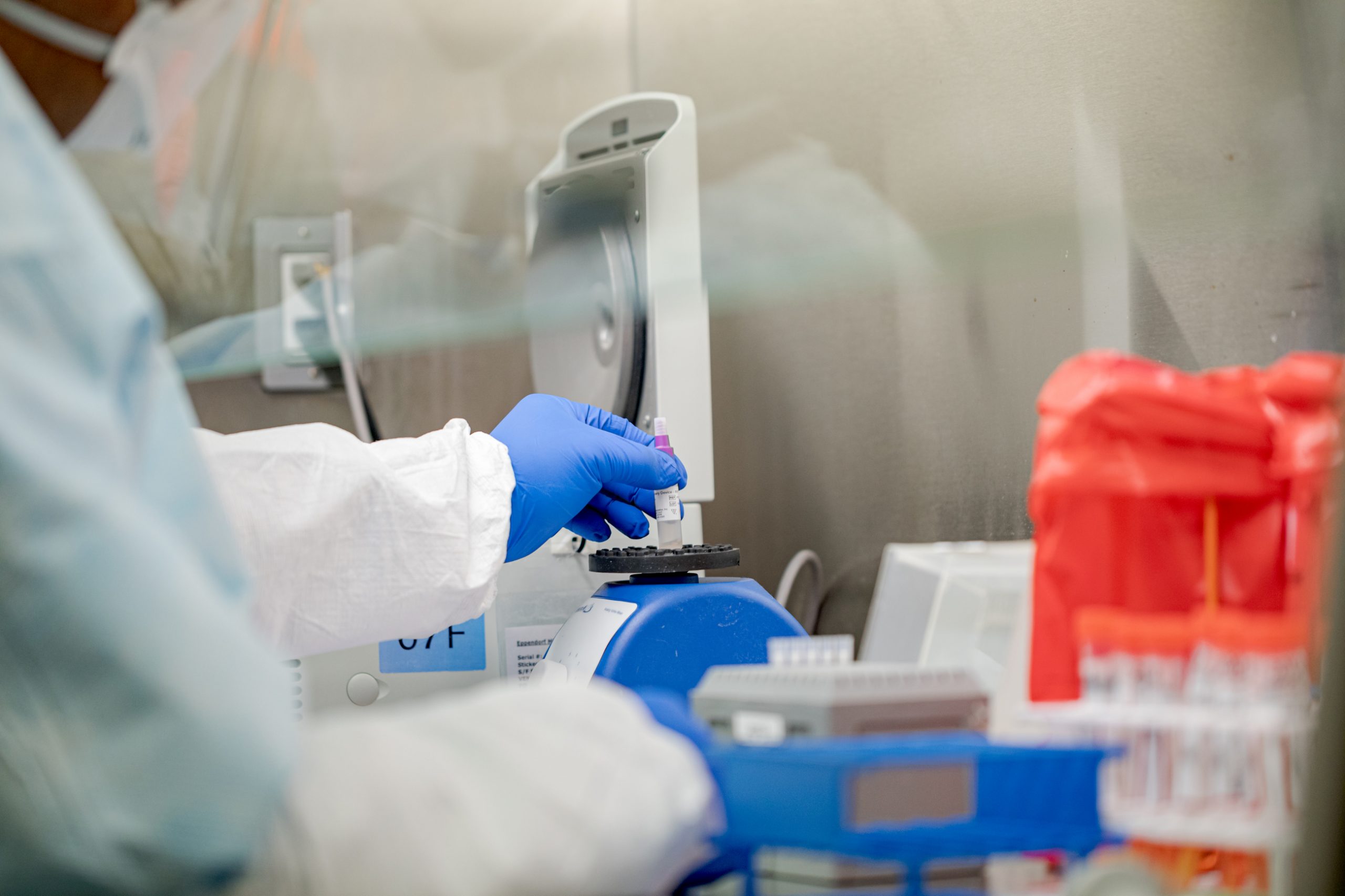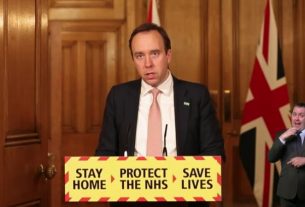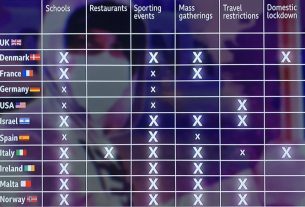Public Health England (PHE) has approved a coronavirus antibody test that has been hailed by the government as a “game changer” in the fight against Covid-19.
The blood test has been found by scientists at Porton Down to have 100% accuracy in finding antibodies which, the manufacturers claim, “could help indicate if a person has gained immunity against the virus and inform treatment decisions”.
“We still need to work to understand its full potential but this is clearly an important step forward and it does continue to have the potential to be a game-changer, as the PM set out,” said a government spokesperson.
Gov’t spent £16m on ineffective tests
“The Telegraph understands that the Department of Health is in negotiations with the Swiss healthcare company Roche to buy millions of the kits”, while the Guardian reports the “government has not yet managed to buy any of the tests.”
This may be due in some small part to the government having already spent a reported £16 million on antibody tests that proved to be ineffective.
The Roche test “appears to be extremely reliable and it’s got the green light” from PHE testers, health minister Edward Argar told BBC Breakfast this morning.
PHE evaluated the Elecsys Anti-Sars-CoV-2 serology test at the government’s Porton Down facility last week and found they gave 100% results for infected people, and 99.8% for non-infected people.
The tests could make a “significant difference” in lifting lockdown restrictions, said Argar, because they could “genuinely change how you can work” as people could be confident they are no longer infectious or vulnerable to the virus.
The success of the tests has refocused minds on the possibility of using “certificates indicating antibodies” to help lift the lockdown.
Immunity passports are against WHO advice
At the start of April health secretary Matt Hancock said he had a “very strong interest” in the idea of “immunity passports” for people who have had coronavirus. The passport could exempt people from certain restrictions and curbs on their activities as the country moves out of lockdown.
The World Health Organization (WHO) said in April that there is “no evidence” people with antibodies have immunity and warned governments that issuing immunity passports to ease lockdowns could actually increase infection rates.
Argar said: “We are keen to get as many [tests] as we can and get them out primarily to the front line on stream and out more widely, because as the prime minister says it has the potential to be a game changer.”
Antibody test will ‘certainly’ be available on NHS – PM’s spokesperson
The national coordinator of the UK coronavirus testing programme, Prof John Newton said that while the extent to which the presence of antibodies indicating immunity remains unclear, the Roche test “is a very positive development because such a highly specific antibody test is a very reliable marker of past infection.”
Boris Johnson’s official spokesman said the antibody test will “certainly” be available on the NHS and that commerical discussions are being held with Roche.
Commenting on the idea of immunity passports, the PM’s spokersperson said: “We have talked about, in the future, the potential for some kind of health certificate related to whether or not you have antibodies.
“But we need a better understanding of how the immune system responds to the virus and the length and level of immunity following infection to better understand the potential of the test.”




